Administration and Secretarial
£2360 (£1600 during the tuition waiver period)
This course is divided into three parts and examines communications at an organisational level, interpersonal communications and managing internal and external communications. Effective communications are vital to the success of any organisation, to ensure understanding, involvement and commitment to organisational policies and procedures.
This course will help managers explore the links between good communications and the development of workforce understanding and commitment to change by considering what is meant by good communications practice. It will then help them look at their communication skills as well as how to improve links between their team, other parts of the organisation and beyond.


1. Analyse communications in organisations
2. Understand and develop personal interpersonal communications
3. Evaluate the management of internal and external workplace communications


Scholarships
Citizens of the following countries are eligible for a 50% scholarship upon writing a personal statement. All scholarships are to be approved by the Academic Board. The list of countries are: Sri Lanka, Indonesia, Philippines, Bhutan, Morocco, Vietnam, Papua New Guinea, Laos, Cambodia, India, Nigeria, Ghana, Bangladesh, Laos, Myanmar, Pakistan, Nepal and South Africa. Please talk to your student counselor and ask for the Coupon Code to get the 50% Tuition Waiver.

To pass the unit a 40% overall grade must be achieved.

You are eligible if you meet our stipulated entry requirements.









Introduction to the module
Effective business communication
Delivering your message
Understanding your audience
Presentation Organization
Developing Presentations
Presentation to inform
Presentations to Persuade
Group Communication, Teamwork , and Leadership
Intrapersonal and Interpersonal Cummunication
Intercultural and International Communication
Digital Media and Communication